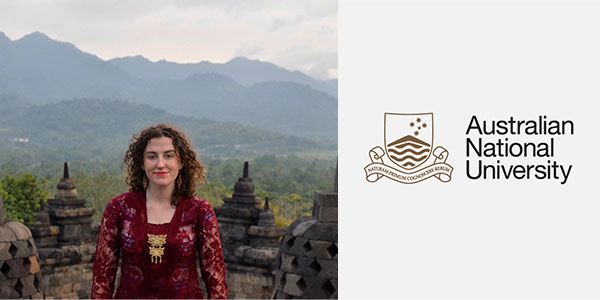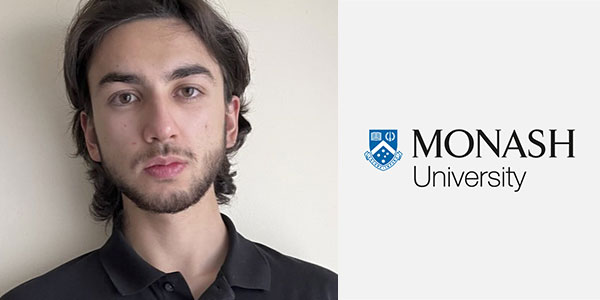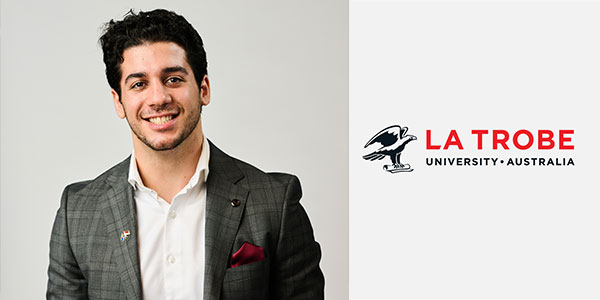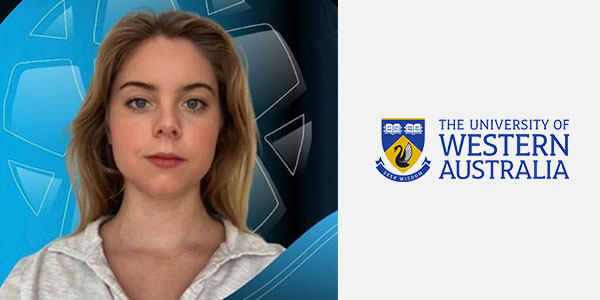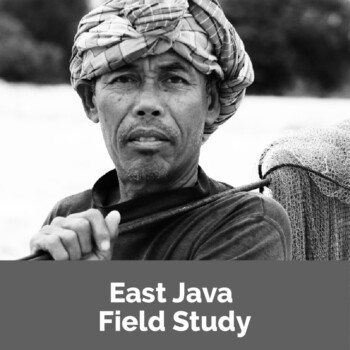 ACICIS offers advanced language students capable of independent study the opportunity to undertake field research in East Java through Universitas Muhammadiyah, Malang (UnMuh). Students devise and undertake their own study projects, and a number of students have incorporated their projects into an undergraduate honours program with the approval of their home university.
ACICIS offers advanced language students capable of independent study the opportunity to undertake field research in East Java through Universitas Muhammadiyah, Malang (UnMuh). Students devise and undertake their own study projects, and a number of students have incorporated their projects into an undergraduate honours program with the approval of their home university.
Students can only undertake this program as a second semester option. It is recommended that students complete a semester on the Flexible Language Immersion Program at UGM in Yogyakarta prior to commencing the East Java Field Study.
Past students have written reports on topics as diverse as:reformasi, gender issues in a developing country, and community and governance in remote fishing villages. When students complete their research project, ACICIS attempts to publish all of their field reports online.
Intending participants should note that the ACICIS Resident Director (RD) is based in Yogyakarta and no ACICIS staff live in Malang. Therefore, RD support for ACICIS students enrolled in the Field Study Option is less than at UGM. However, Field Study students receive a high degree of formal and informal support and guidance from UnMuh staff.
The ACICIS study experience in Indonesia offers every student the opportunity to make their future truly remarkable.ACICIS Past Participant
During the first three weeks, students attend lectures, seminars and discussions in Malang. They also meet in groups to discuss their topics with UnMuh staff and arrange various permission letters required for field work. Students are allocated a staff member to act as academic supervisor and then they can undertake a two-month period of field work. During the field study period, students are usually required, for safety and administrative reasons, to stay within East Java.
Any student wishing to undertake field study outside East Java must obtain the approval of the RD and UnMuh staff. Any student wishing to do their field study outside of Java must formally apply in writing to the ACICIS executive in Australia for permission. Conditions attached to any such approval may include (but not be restricted to):
- being properly affiliated with a bona fide NGO organisation or university with a long and well received record of work in your field-study site.
- identify a contact person in the field-study site, whether in an NGO or at a University, with whom you can work and whom we also can contact.
- having strict travel and time restrictions placed upon you: ie you be allowed to work only in a specific town and its immediate surrounds, and that this work be completed within a maximum of six weeks. If you need to travel further afield in the provinces of your field study site, you must provide us with an itinerary and timetable for this travel and seek our approval first.
- presenting to ACICIS a credible and practical plan for emergency evacuation from all field-study sites in the event of a sudden deterioration in the security situation; and finally
- carry a mobile phone, or be within easy and quick access to a telephone so the RD, your home university and the ACICIS secretariat can be in direct contact with you 24 hours a day.
Students return to UnMuh during the final month of semester to write a report on their field study experience. This report is between 8-12,000 words and is usually in Indonesian or, with the approval of the student’s home university, may be in English with a summary in Indonesian. At the end of semester, students submit their final report and present a seminar in Indonesian for UnMuh students and staff, the RD and perhaps some prospective ACICIS field option students. ACICIS field study reports and seminars are assessed by UnMuh academics.
Most students undertaking study with ACICIS do so as part of their undergraduate studies. However, ACICIS does and has accepted numerous postgraduate students onto its in-country programs over the years. These have included students pursuing graduate diploma qualifications, master’s degrees, and PhDs. Postgraduate students have undertaken in-country programs as accredited components of their postgraduate qualifications (with prior approval from their home university) or as unaccredited preparation for postgraduate fieldwork and research. Please note, that these students have done so as participants in undergraduate level programs offered by Indonesian universities. ACICIS does not currently offer semester long programs at a postgraduate level (eg. master’s-level coursework programs).
Postgraduate students undertaking study with ACICIS may not use their time in Indonesia while on an ACICIS program (or while on the KITAS permit organised by ACICIS) to conduct fieldwork or postgraduate research in Indonesia. Conducting research of this nature in Indonesian requires a separate level of approval from the Indonesian government, specifically from RISTEK, the ministry responsible for issuing research permits. See here for more information about obtaining a research permit for Indonesia.
Student Profiles
Student Profile: Alice Morgan (Sem 58/2024)
Flexible Language Immersion Program Alice [...]
Student Profile: Numan Seyit (Sem 58/2024)
International Relations Program Numan Seyit is an [...]
Student Profile: Hammad Shahin (Sem 58/2024)
International Relations Program Hammad Shahin is [...]
Student Profile: Tyler Connelly (Sem 57/2023)
International Relations Program Tyler Connelly [...]

